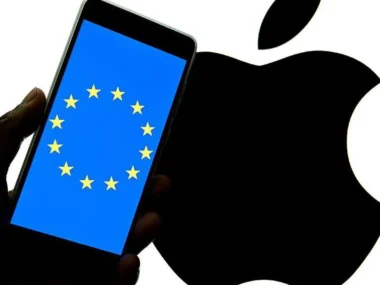Despite tech giants investing heavily in AI, a study shows that labeling products as “AI” can deter customers. Published in the Journal of Hospitality Marketing & Management, the research found that people are less inclined to purchase products labeled with AI compared to those described as “high tech.” The study, covering items like vacuum cleaners and TVs, found consistently lower buying intentions with AI branding. This reflects a consumer hesitation toward AI, contrasting with the excitement in the tech industry.
The role of trust…
The study assessed consumer views on “low risk” products, like AI-enhanced household items, versus “high risk” products, such as self-driving cars and AI for medical diagnostics. Higher rejection rates were seen in high-risk products, but skepticism was common across both types.
The study identifies two trust factors affecting perceptions of “AI-powered” products. Cognitive trust involves the expectation that AI, being a machine, should avoid human errors. Failures, such as inaccuracies from Google’s AI search tool, can damage this trust.
Emotional trust comes into play due to limited understanding of AI, leading to fear of the unknown. Despite AI’s long history in services like autocorrect and recommendation algorithms, the technology remains mysterious to many.
Additionally, pop culture’s portrayal of AI, particularly in sci-fi films depicting AI as a threat, has significantly influenced public perception, often fostering distrust.
…as well as a lack of transparency.
Another factor affecting consumer attitudes is the perceived risk related to AI’s handling of personal data. Privacy concerns about how companies manage user information diminish enthusiasm for AI tools, especially as regulatory frameworks are still developing.
Gursoy notes that this lack of transparency about AI’s operations can negatively impact customer trust, even with previously trusted brands. He advises companies to avoid using “AI” as a buzzword and instead focus on clear communication about how AI benefits users to alleviate fears.











